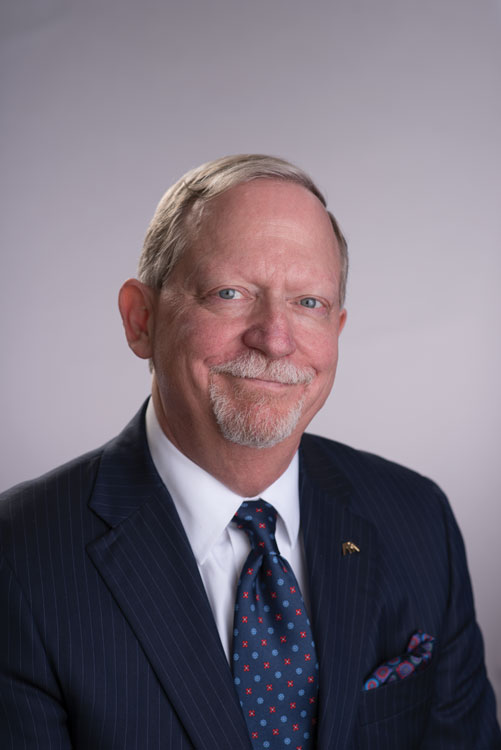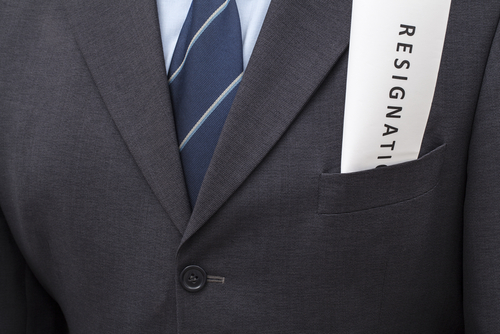Defense of the unpopular: Lawyers should not suffer backlash for defending rights of unsympathetic clients

Photo of Bob Carlson by Tom Salyer
In 1770, John Adams risked his reputation and inflamed the ire of his fellow patriots when he represented the British soldiers who were accused of killing five colonists in the Boston Massacre. Even before the creation of a United States, a Declaration of Independence or a Constitution, Adams understood that for a legal system to work, everyone accused of a crime must have representation.
Adams won acquittal from murder charges for six of the soldiers and reduced manslaughter convictions for two others. Adams went on to become the first of 26 lawyers who would serve as president of the United States. But the backlash that Adams received 250 years ago is still an issue today.
Equating the bad acts of the accused with the attorney representing them can be a natural human impulse, especially when the crimes alleged are heinous and the defendants are unpopular. Lawyers, however, should not be ostracized or face penalties such as loss of business or abuse if they choose to defend a reviled client.
Lawyers are not defending the crime. They are defending rights and liberties—to which we all are entitled—that are enshrined in the Constitution. They are ensuring that the procedures are fair, that the accused has not been mistreated and that the government has met its burden of proof beyond any reasonable doubt. These safeguards ensure that justice is there for the innocent and the guilty, the sympathetic as well as the unsympathetic defendant.
Our adversarial justice system requires a defense attorney to stand up for the accused and balance the arguments of the prosecution. A lawyer can guide a client through the process and defend their civil rights without excusing or condoning what the client is accused of doing. Even Nazi war criminals were afforded counsel. It did not mean their lawyers were sympathizers.
The American Bar Association’s Model Rules of Professional Conduct clearly state that, “A lawyer’s representation of a client … does not constitute an endorsement of the client’s political, economic, social or moral views or activities.” The Sixth Amendment of the Constitution defines defendants’ right to have “assistance of counsel” in their defense. It doesn’t define what kind of client is afforded that right.
The right to counsel only has meaning if defense attorneys can represent the most despised defendants without adverse consequences from society. Adams taught us this lesson more than 250 years ago. We would be wise today to follow Adams’ advice when he said, “Always stand on principle … even if you stand alone.”
My tenure as president of the ABA has given me a chance to witness firsthand principled lawyers working diligently to make our system and our country better. I am proud to be part of a profession that stands up for fair trials and protects judicial independence and the legal profession around the world and at home.
Advancing access to justice for all, fighting for an impartial judiciary and promoting diversity are noble endeavors. I have been honored to have played a small role in furthering them, as well as many other important efforts.
I have been privileged to see volunteers and staff helping asylum-seekers at the border and assisting victims of natural disasters around the country. I have been humbled to witness the lengths lawyers have gone to help their colleagues suffering from addiction and depression. I was proud when the ABA spoke out in defense of a free press and free speech at Law Day and teamed with the Clooney Foundation for Justice and others to launch the TrialWatch program to help shine a light on trials around the world where journalists, among others, are being unfairly prosecuted.
When my successor, Judy Perry Martinez, becomes ABA president in August, she will be bolstered by an association and a profession that cares about these causes and other efforts that advance the calling of the legal profession. I know she will stand for principle, and because of the ABA, I know she will not have to stand alone.
Follow President Carlson on Twitter @ABAPresident or email [email protected].
Write a letter to the editor, share a story tip or update, or report an error.


